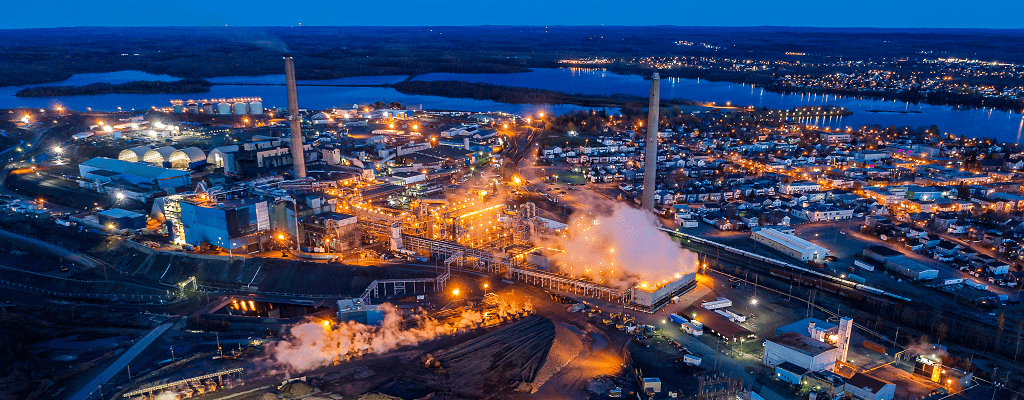Glencore said to consider shutting Canada’s largest copper plant
Posted Under Commodity News, On 04-11-2025
Source: mining.com
Glencore is planning to wind down its Horne Smelter — Canada’s largest copper-metal producing plant — citing steep environmental upgrades and operational costs, Reuters reported on Monday.
The Swiss commodities giant currently operates the Horne and the Canadian Copper Refinery (CCR), both located in the province of Quebec. The Horne smelter processes concentrates to make copper anode, which is then turned into cathode by CCR.
While no production figures have been published for these assets, industry sources cited by Reuters have pegged their annual output at more than 300,000 tonnes. Much of the copper metal production goes to the US, a net importer.
A closure, according to these sources, would impact as many as 1,000 workers employed on the two sites, which they estimate would require more than $200 million to modernize.
However, a Glencore spokesperson, in response to Reuters‘ requests for comments, denied that the group is considering closing down the Horne and CCR.
The spokesperson acknowledged that smelters globally are facing significant “financial, regulatory and operational pressure” — and Glencore’s smelters in Canada are not exempt from this. Still, “they play an important role in the supply of critical raw materials for the North American market and abroad.”
The potential shutdown of Glencore’s Canadian operations would reinforce forecasts of global shortages, partly due to supply disruptions at major mines in Chile and Indonesia. Canada is currently a major exporter of copper and supplier to the US, accounting for approximately 17% of US imports, ranking it second behind Chile.
According to Reuters, Glencore’s decision to close Horne and CCR stems from the high costs of making the operations environmentally safe, and is not related to a class-action lawsuit recently authorized by Quebec’s Supreme Court related to the smelter’s arsenic emissions dating back to 2020.
Founded nearly 100 years ago, the Horne smelter is said to have pioneered the recycling of electronic scrap in 1980. Glencore currently processes around 100,000 tonnes of discarded electronics annually to produce copper, nickel, cobalt, gold and silver, the company said on its website.
Earlier this year, Glencore sold its Pasar copper refinery in the Philippines, a custom smelter.

